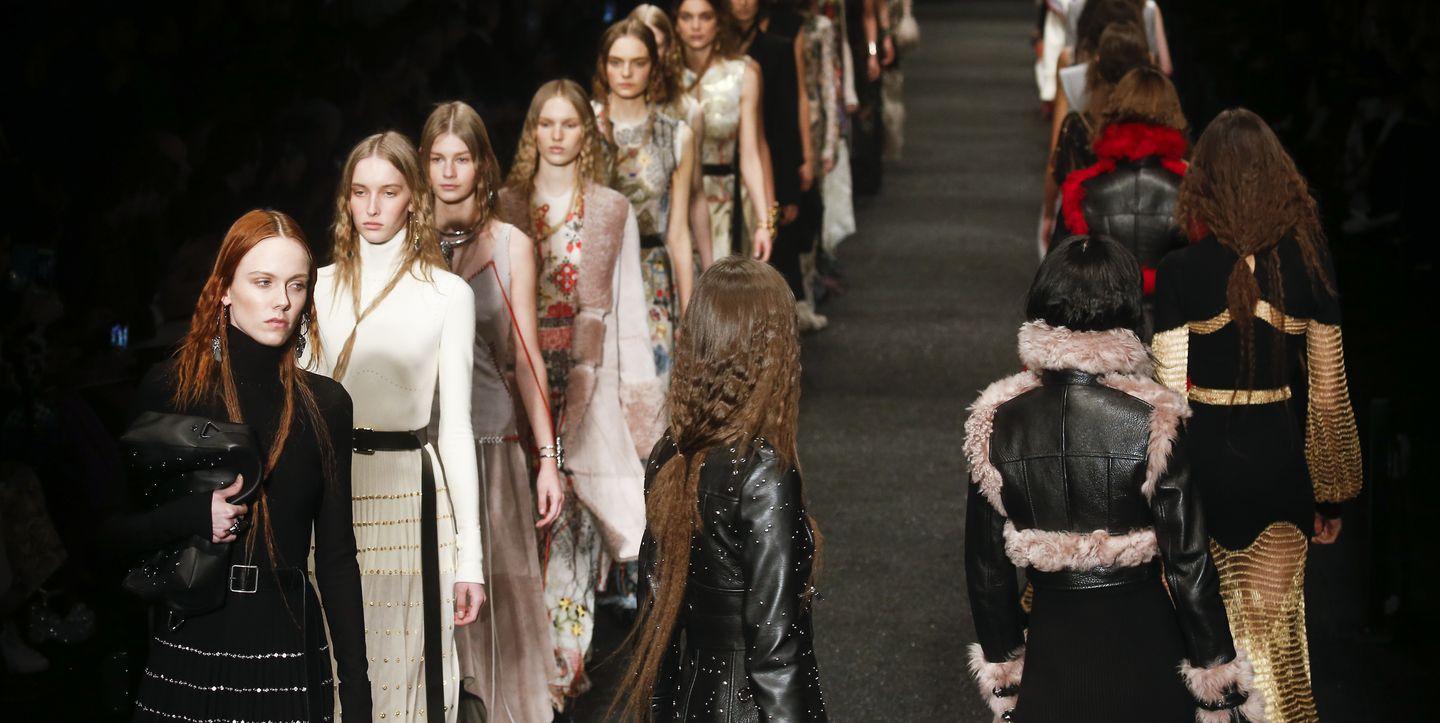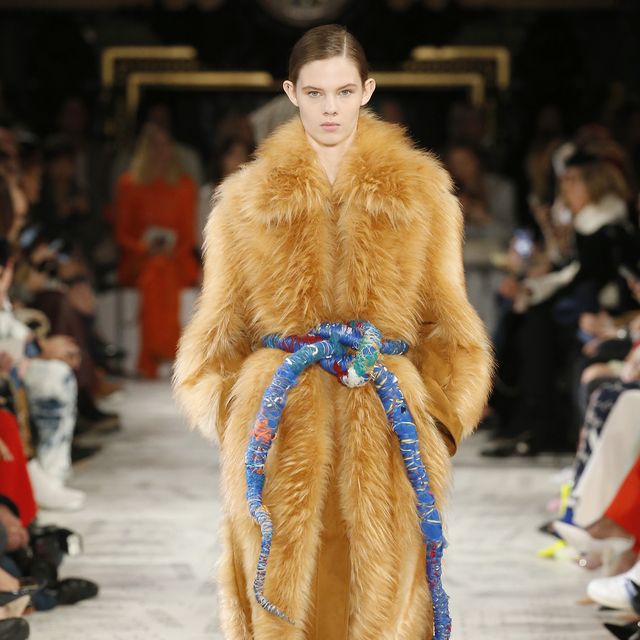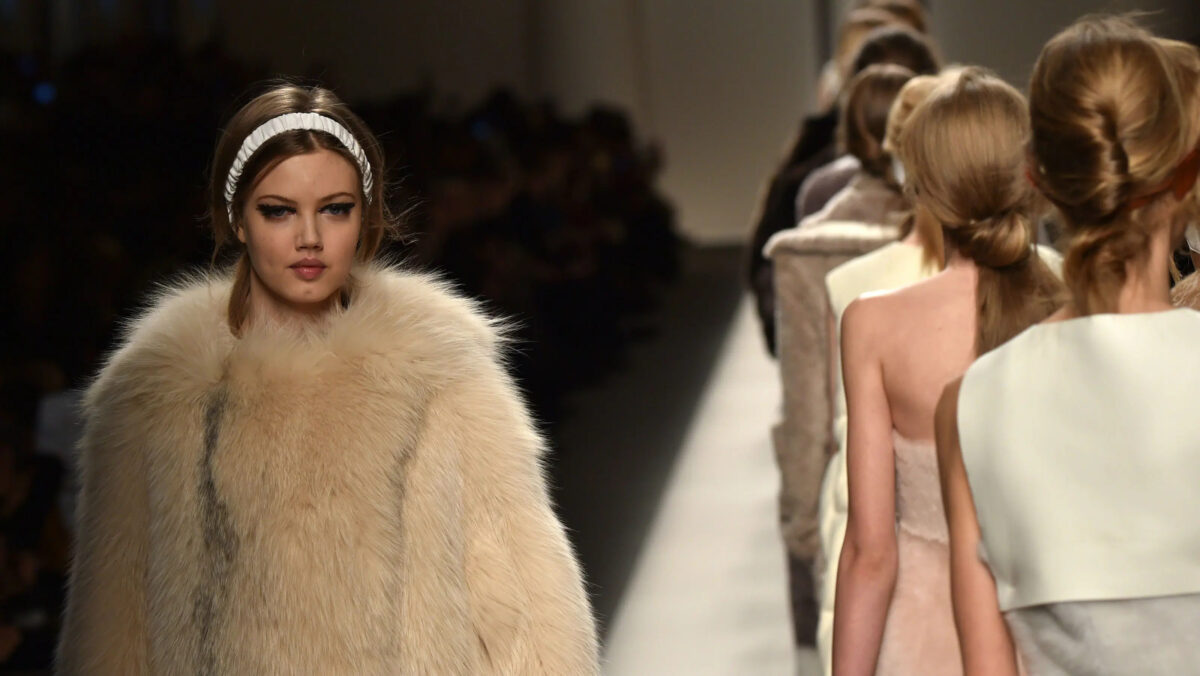The commitment to fur-free fashion is a move towards sustainability and changing consumer tastes.

Balenciaga and Alexander McQueen, both owned by parent company Kering, have gone fur free. It is becoming more common practice with retailers, magazines and even fashion schools. Gucci Bottega Veneta are also amongst the ranks of Kering’s fur-free fashion labels.
This news means that Saint Laurent and Brioni are now the only Kering-owned brands who still use fur. The news was quietly disclosed in a company filing.
Fur-Free

Outside of Kering, other major fashion houses including Versace, Prada, Armani, Michael Kors and Margiela have all gone fur-free in the past few years. As Vogue Business explained,
“Aesthetically, however, fur hasn’t fallen out of fashion, and retailers and brands are providing consumers with alternatives to animal-hide products with options like faux fur and “vegan” leather. According to Euromonitor International, the production of both genuine and artificial fur increased by 120 per cent in 2019, reaching an aggregated value of $25 billion.”
Fur Free-Fall
Sales of fur have been in free-fall over recent years. The increase in demand for vegan alternatives has encouraged brands and retailers to join the movement. Paris will become the most sustainable fashion capital by 2024. The city saw a 132 percent year-on-year increase in products described as ‘vegan’ by the end of January 2021. The U.S. sits at 63 percent and the UK at 43 percent. Denmark is home to a leading fashion event with a focus on sustainability, with a 42 percent year-on-year increase.
Pro-Fur Fights Back

The top design houses are refusing to use fur and top department stores are refusing to stock it. But the fur industry has been fighting back for many years, providing counter-opinions. Fur manufacturers argue that authentic fur’s material has a longer life cycle than its faux counterpart. These businesses also argue that fur is biodegradable and that the absence of harsh chemicals in its processing are all proof of fur’s better sustainability. Fur-positive businesses say that the impact which real fur has on the environment is minimal compared to that of faux-fur production.
The fur industry is working towards methods of transparency, developing certifications with a specific focus on animal welfare and traceability, says Vogue Business.
“What consumers are really focused on is true transparency to be able to make that informed decision,” says Sarah Needham, knowledge exchange manager at the Centre for Sustainable Fashion. “The entire fashion industry is going to have to make sure people understand the ramifications of their choices.”
Subscribe to FIB’s Weekly Alchemy Report for your weekly dose of music, fashion and pop culture news!







